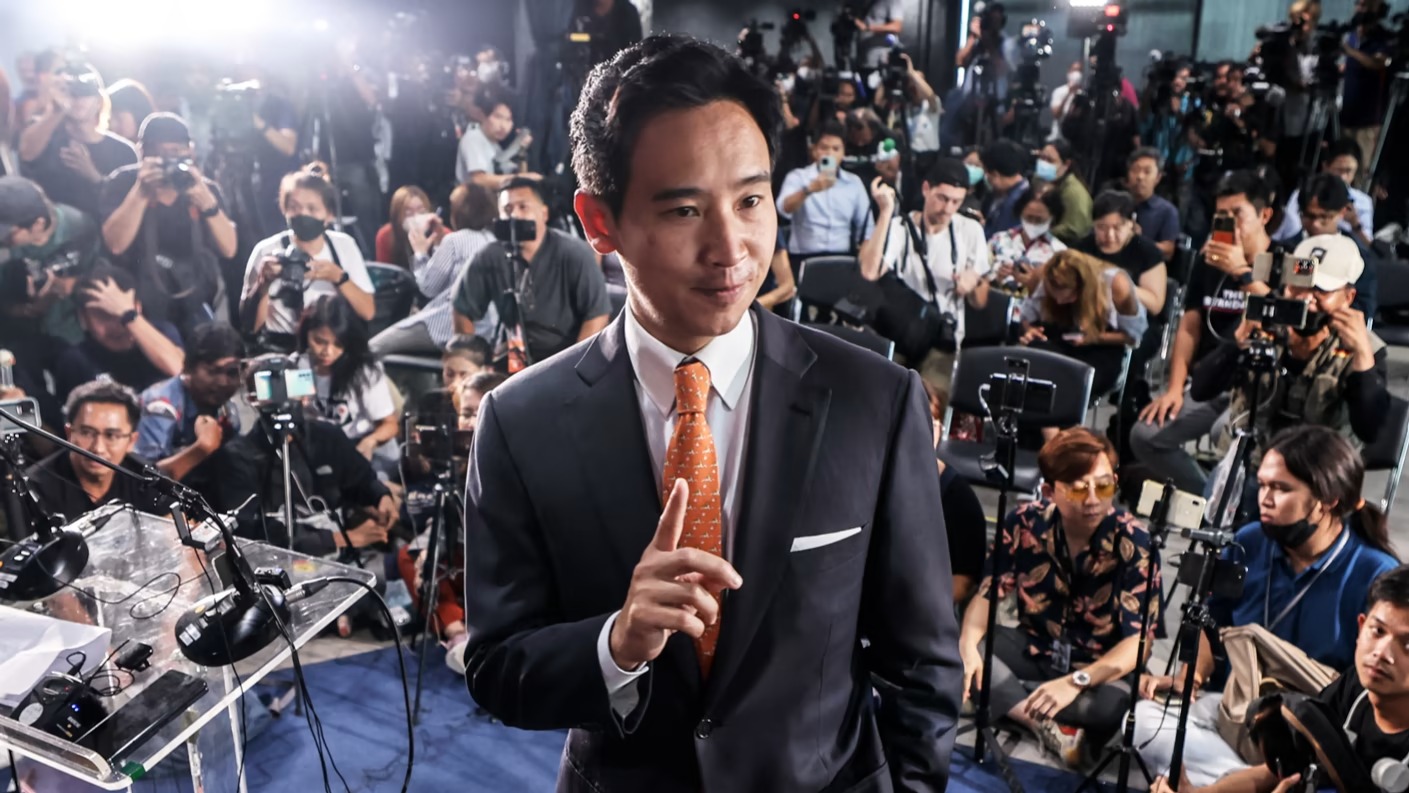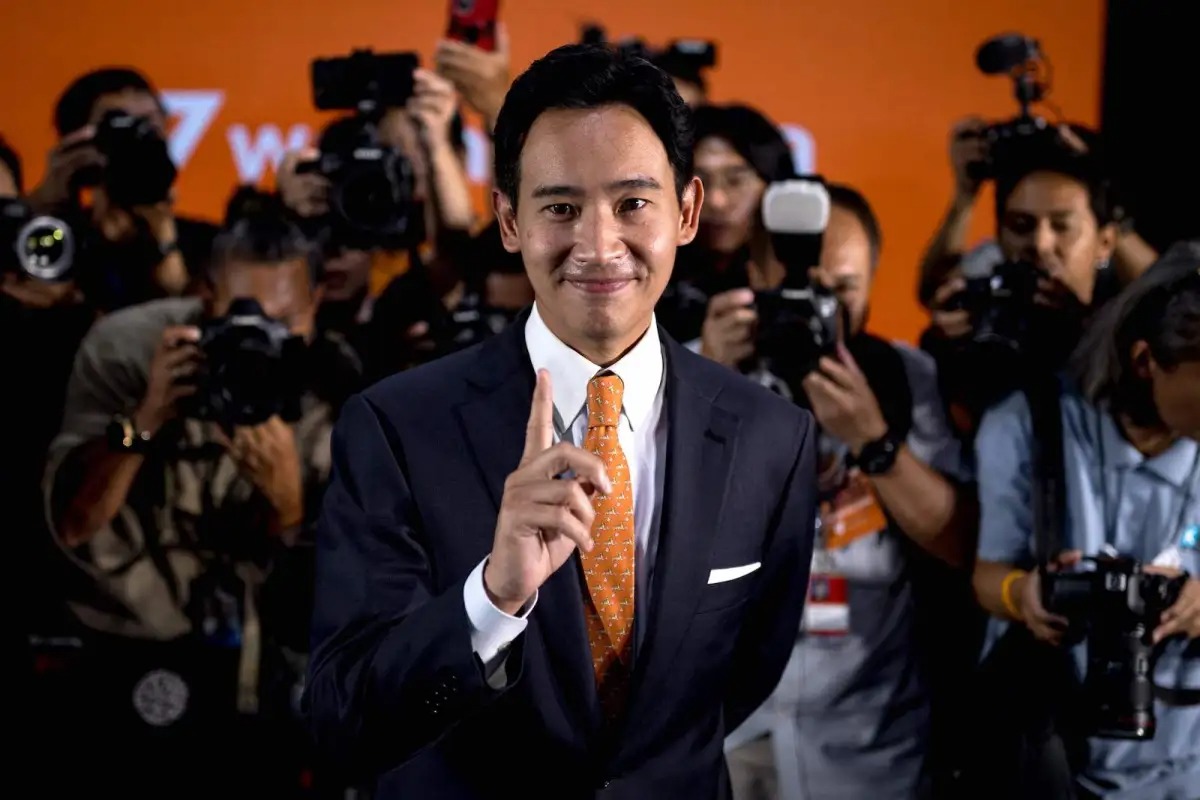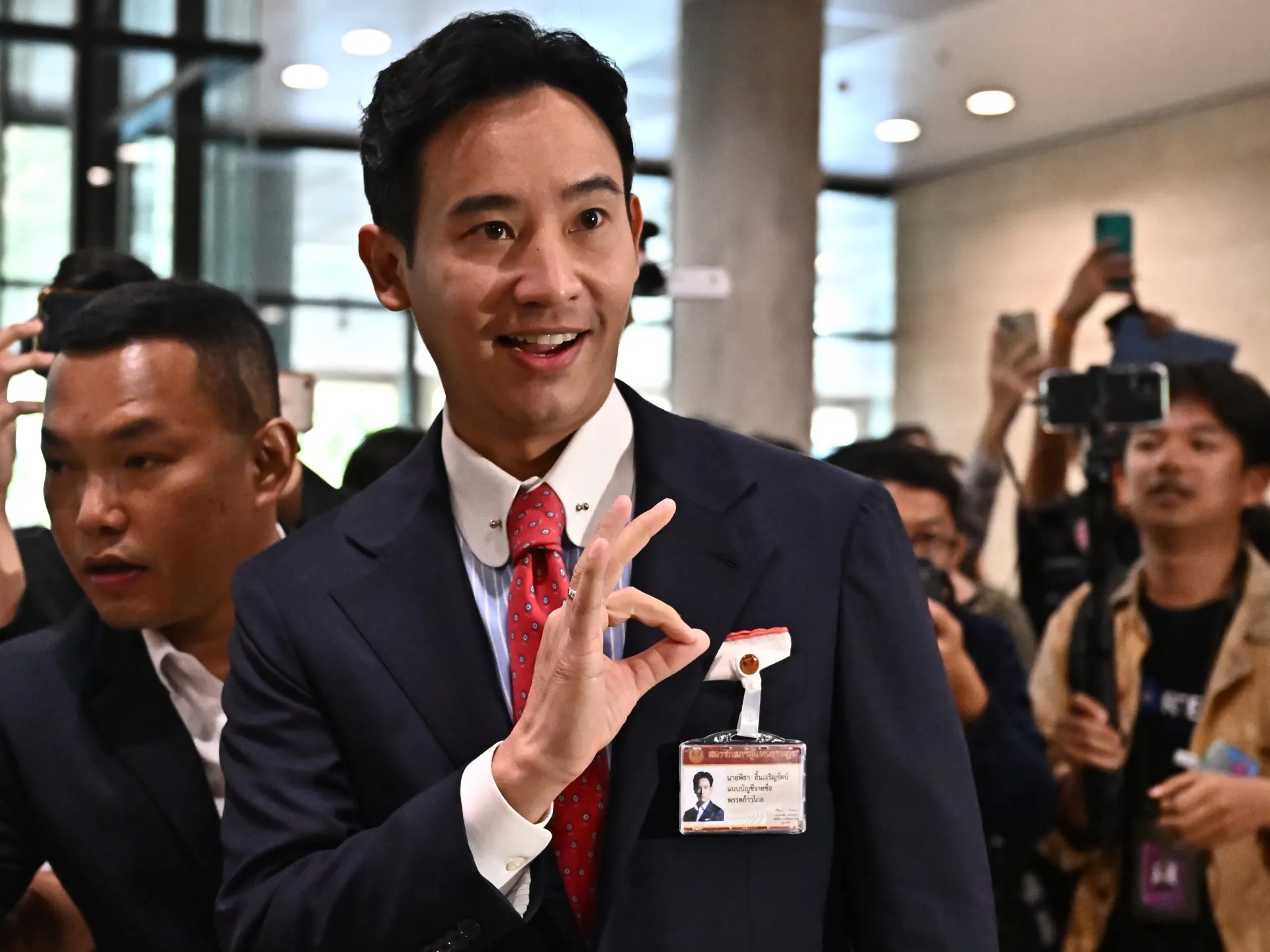The speaker’s vision for change in Thailand focuses on three key principles: demilitarization, decentralization, and demonopolization.
These principles aim to create a more equal and democratic society by removing military influence from politics, decentralizing economic and budgetary power away from Bangkok, and breaking up monopolies to encourage bottom-up economic growth.
The speaker highlights the need for a professional military focused on external threats and updated to address modern security challenges like cybersecurity.
They argue that decentralization is necessary to ensure that provinces outside of Bangkok can develop economically and receive equal attention.

The third principle, demonopolization, seeks to remove barriers to entry in industries dominated by conglomerates, promoting a more competitive economic environment.
The victory in the election is attributed to both internal capabilities and external factors. Internally, there was a strong desire for change after years of military rule and the continuation of power through mechanisms like the current constitution and appointed senators.
Externally, people were fed up with the status quo and wanted to see a shift towards a more democratic system. However, despite the electoral victory, the speaker acknowledges that governance in Thailand has been challenging due to lingering effects of mechanisms put in place after the military coup.

Some people still hope that change can come through future elections. The high voter turnout in the last election and the willingness of people to travel long distances to vote demonstrate a strong desire for change among the Thai population.
The vision for change in Thailand emphasizes the need for a more democratic and equal society, free from military influence and economic monopolies. While progress has been made through electoral victories, challenges remain in translating these victories into effective governance.
